10 women who’ve transformed healthcare in Australia

As the world marks International Women’s Day, it’s an opportune time to reflect on the legacies of women who’ve significantly impacted the field of healthcare. Here, we delve into the lives and accomplishments of pioneering Australian women whose contributions have revolutionised healthcare, transcending borders and generations.
1. Dr Emma Constance Stone – First woman registered with the Medical Board of Victoria
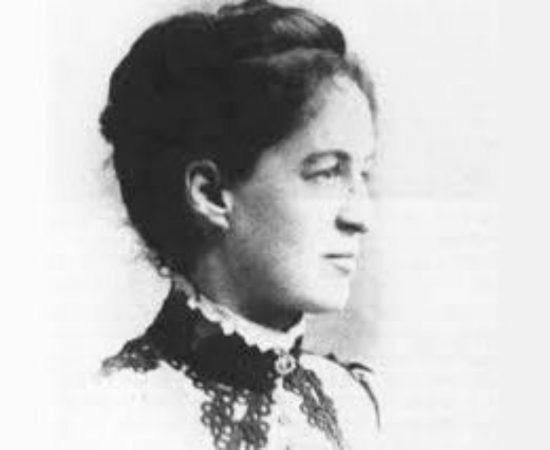
In the late 19th century, Dr Emma Constance Stone embarked on a journey that would break gender barriers and forge a new path for women in medicine.
After studying in the United States and Canada—since the University of Melbourne did not admit women to its medical course at the time—Stone returned to Melbourne where she became the first woman to be registered with the Medical Board of Victoria.
Melbourne at that time offered limited opportunities for women in medicine. Undeterred, Dr Stone channeled her energy into collaborative initiatives, leading to the establishment with her sisters Dr Clara Stone and Dr Mary Page Stone of the Queen Victoria Hospital, the first women’s hospital in Victoria and one of only three in the world to embody Stone’s ethos of healthcare ‘by women, for women.’
The Stone sisters’ private practice and their commitment to providing medical services to underserved women exemplified their dedication to public health. Despite the hurdles and the ultimate sacrifice of her health, Constance Stone’s pioneering work in establishing the Queen Victoria Hospital laid an indelible foundation for women’s healthcare in Australia.
2. Sister Elizabeth Kenny – Innovator of physiotherapy and polio treatments
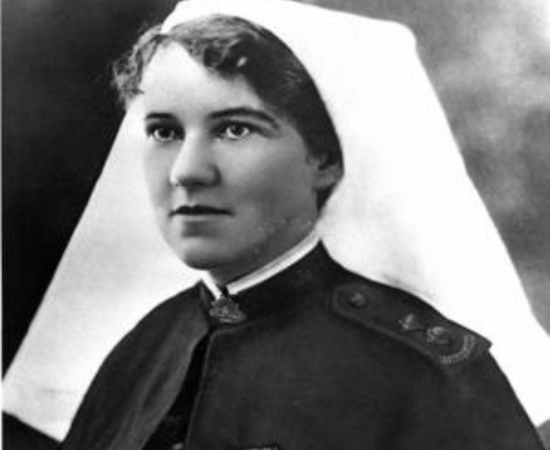
Born into a farmer’s family, Sister Elizabeth Kenny’s early exposure to rural health challenges sparked her interest in healthcare.
Kenny’s intuitive approach to treating polio was unconventional and controversial: she advocated for muscle stimulation instead of the traditional method of immobilisation. Throughout her life, faced with warfare and epidemics, she remained committed, establishing a clinic in Queensland and emphasising the importance of active, rather than passive, patient care. Kenny’s methods were the precursors to modern-day rehabilitation techniques and physiotherapy, making her an enduring icon in healthcare history.
Considered by some as an unwelcome challenger to established medical practices at the time, Kenny’s relentless push for her polio treatment method led to radical improvements in care and quality of life for countless individuals affected by the disease. Her autobiography, “And They Shall Walk,” and the subsequent film “Sister Kenny“ cemented her legacy as a woman who defied the odds to change the face of medical treatment for polio.
3. Dr Elizabeth H. Blackburn: Uncovered how cells age and protect themselves
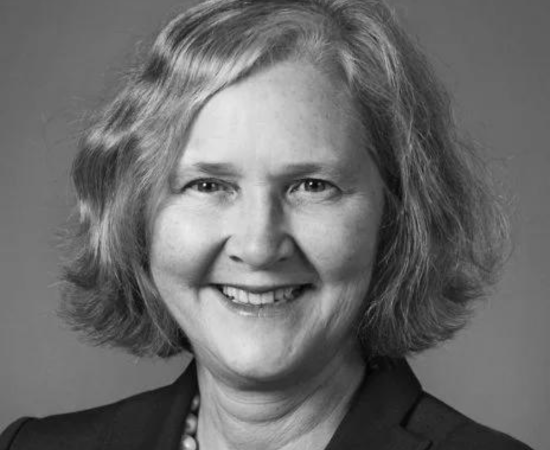
Dr Elizabeth Blackburn’s name is synonymous with groundbreaking scientific discovery.
Her research on telomeres and the enzyme telomerase has unlocked understanding in areas critical to the aging process and cellular life itself. A Nobel laureate, Blackburn has helped the world understand how the ends of chromosomes are protected by telomeres and the role they play in the sacred dance of cell division. This has implications for our understanding and treatment of numerous diseases, including various forms of cancer.
Blackburn’s work not only underscored the importance of meticulous scientific inquiry but also showcased the global impact scientific discovery can have on healthcare. Her work crosses the boundaries of genetics, biology, and medicine, and its ramifications are still being explored today.
4. Professor Fiona Wood – Inventor of ‘spray-on skin’ techniques
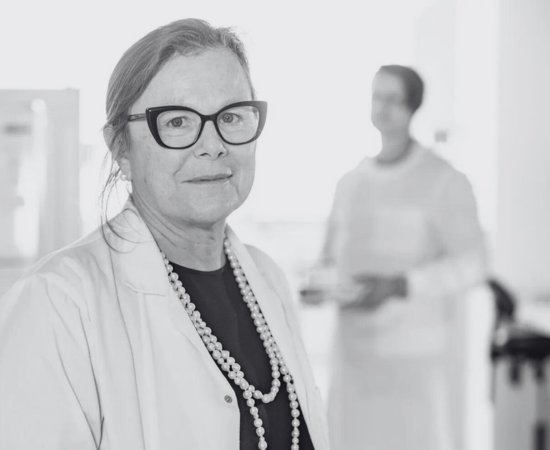
Professor Fiona Wood entered the international limelight in the tragic backdrop of the 2002 Bali bombings.
Wood’s dedication to improving the lives of burn victims led to the invention of the ‘spray-on skin’ technique, a revolutionary approach that significantly decreased permanent scarring and improved healing processes. A brilliant combination of innovation, technology, and compassionate care, Wood’s invention has not only provided physical relief to patients but has also offered emotional hope to burn survivors and their families.
The treatment Wood co-developed and patented in 1993 is today a cornerstone of burn therapy across the globe, showing the far-reaching influence of her work. Her leadership during one of Australia’s most challenging medical crises is a striking example of how courage and innovation can prevail in the face of immense pressure and uncertainty.
5. Dr Tracy Westerman – Advocate for culturally congruent psychological services
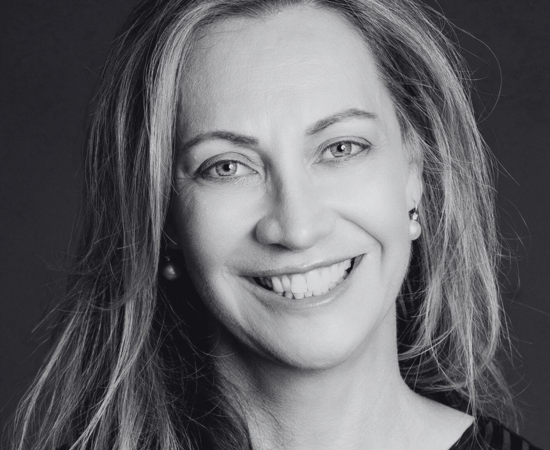
Dr Tracy Westerman stands as a testament to the resilience and determination of Aboriginal communities in Australia.
Growing up in a remote area with limited educational resources, Westerman’s journey to becoming a leading psychologist is a narrative of overcoming adversity. Her work is renowned not just for its emphasis on mental health but also for how it seamlessly integrates cultural understanding into its framework. Westerman’s accomplishments, including numerous psychological tests and programs tailored for Indigenous populations, have made her a towering figure in modern healthcare and an influential advocate for culturally congruent psychological services.
Despite the systemic challenges that Westerman faced, including geographical isolation and limited access to conventional educational facilities, her drive to improve mental health services for the Aboriginal community was unwavering. Through her foundational work, Dr Westerman has made significant strides in reducing the stigma associated with mental health within Indigenous communities and beyond.
6. Dr Nikki Stamp – Leading cardiothoracic surgeon advocating for diversity and equality in medicine
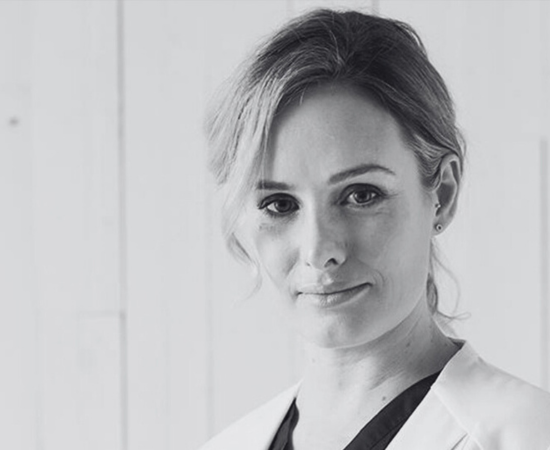
Dr Nikki Stamp is one of the scarce yet bold voices in the field of cardiothoracic surgery, a specialty where women are significantly underrepresented.
Her push for diversity and gender equality in this challenging profession is as formidable as her surgical skills. With her research on patient outcomes after surgery and her role as an educator, Stamp is grooming the next generation of medical professionals to be more inclusive and equitable.
Yet, her journey has been far from straightforward. Stamp’s personal blog illustrates her ongoing struggle against discrimination within the medical community, a world where gender biases still present barriers that must be continuously and vigorously challenged. Her involvement in movements like #ilooklikeasurgeon and #likealadydoc is reflective of her commitment to reshape the narrative around women in surgery.
7. Professor Sarah-Jane Dawson – Pioneer in ‘liquid biopsies’
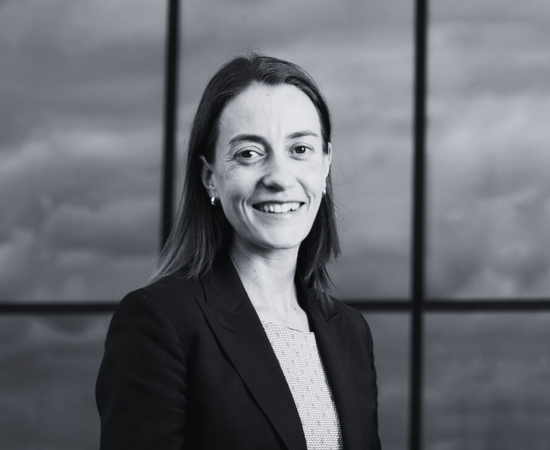
A renowned figure in the field of oncology research, Prof. Sarah-Jane Dawson serves as a beacon of hope in the battle against cancer with her work on non-invasive diagnostic tests.
Her role as a medical oncologist and clinician-scientist at the esteemed Peter MacCallum Cancer Centre and the University of Melbourne entails leading the Molecular Biomarkers and Translational Genomics Laboratory, as well as co-heading the Cancer Biology and Therapeutics Program.
Prof. Dawson’s endeavours in developing ‘liquid biopsies’ have opened new avenues for early detection and individualised treatment strategies, which stand to revolutionise patient care. Beyond her academic research, Prof. Dawson’s entrepreneurial spirit has brought forth companies intent on progressing cancer diagnostics, making her a pivotal figure in the translation of scientific research to clinical innovations that improve patient health outcomes and quality of care.
8. Lucinda Lines – Esteemed embryologist and compassionate advocate for ethical fertility education and support
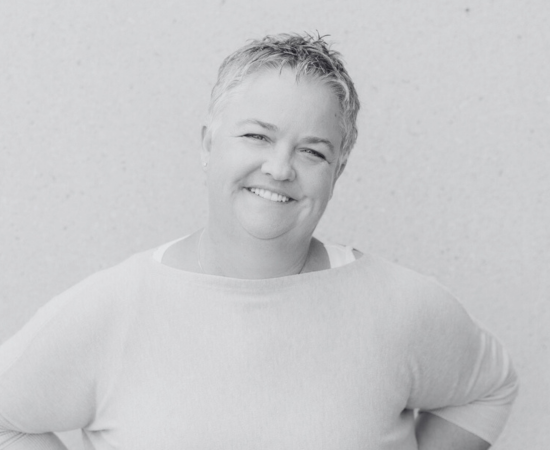
As an embryologist and fertility educator, Lucinda Lines has committed herself to the support and guidance of individuals navigating the complexities of fertility.
With a rich background that spans over 20 years in reproductive science and clinical embryology, she offers an earnest and accessible route to fertility education through her initiative, Two Lines Fertility.
Lucy’s empathetic perspective is not only informed by her professional expertise but also by her own experiences, making her a compelling and relatable advocate in the IVF community. Her efforts extend beyond the laboratory; she actively demystifies fertility issues and treatments, providing evidence-based support and advocating for patient-focused, ethical fertility care. Her extensive experience, including roles in global customer support for embryology and educational work with general practitioners, fortifies her position as a trusted voice and ally for those on their path to parenthood.
9. Professor Ingrid Winship – Distinguished geneticist advancing the study and prevention of heritable cancer
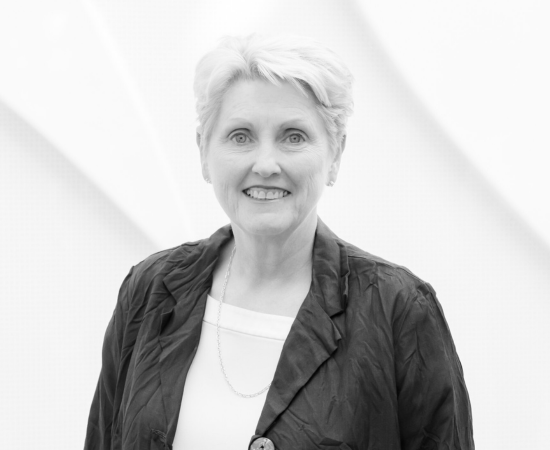
Prof. Ingrid Winship’s tenure in the medical community is marked by her extraordinary contributions to clinical genetics and her tireless effort in preventing heritable cancers.
Occupying the inaugural Chair of Adult Clinical Genetics at the University of Melbourne and serving at The Royal Melbourne Hospital, her research has significantly influenced practice in familial cancer and preventative medicine.
Prof. Winship’s role as Chair of the Australian Health Ethics Committee further illustrates her profound impact on the ethical landscape of health services. Her leadership in the Melbourne Genomics Health Alliance is a testament to her foresight in the potential of genomic medicine, seeking to seamlessly blend it with routine healthcare delivery. Her work, recognised by national honours such as the Order of Australia, underscores a career dedicated to improving healthcare through the power of genetic research and its application in clinical settings.
10. Dr Amandeep Hansra – Notable expert in telemedicine and advocate for innovative digital healthcare solutions
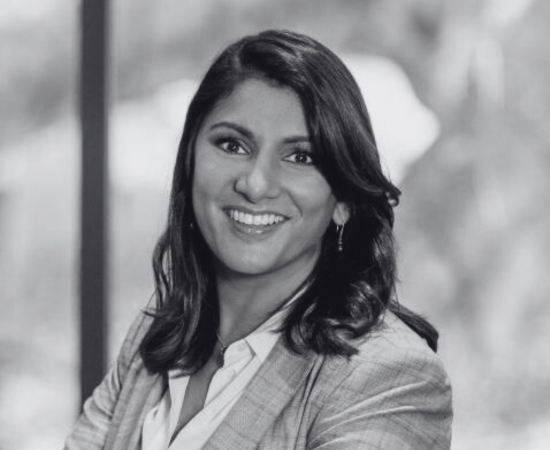
An advocate for accessible healthcare and a pioneer in telemedicine, Dr Amandeep Hansra has been an influential force in redefining general practice through digital innovation.
Her 18 years of hands-on experience as a general practitioner coupled with an entrepreneurial spirit have propelled her to the forefront of digital health. Dr Hansra has not only held leadership roles in prominent telemedicine ventures but has also served as a guiding force for healthcare start-ups and Creative Careers in Medicine, an organisation she founded to inspire and support healthcare professionals in exploring non-traditional career paths.
Her diverse expertise extends to clinical work in various settings, highlighting her advocacy for holistic and comprehensive healthcare. Her leadership roles, including contributions to the Royal Australian College of General Practitioners and her ongoing educational endeavours, demonstrate her unwavering commitment to integrating innovative digital solutions to enhance health service delivery and patient care.
As we celebrate International Women’s Day, we not only honour the memory of these incredible women; we also acknowledge the countless overlooked women who continue to work tirelessly within the health sector. Their stories of resilience, innovation, and compassion inspire us to continue advocating for equality, to push the boundaries of scientific exploration, and to deliver healthcare that serves all with dignity and respect.